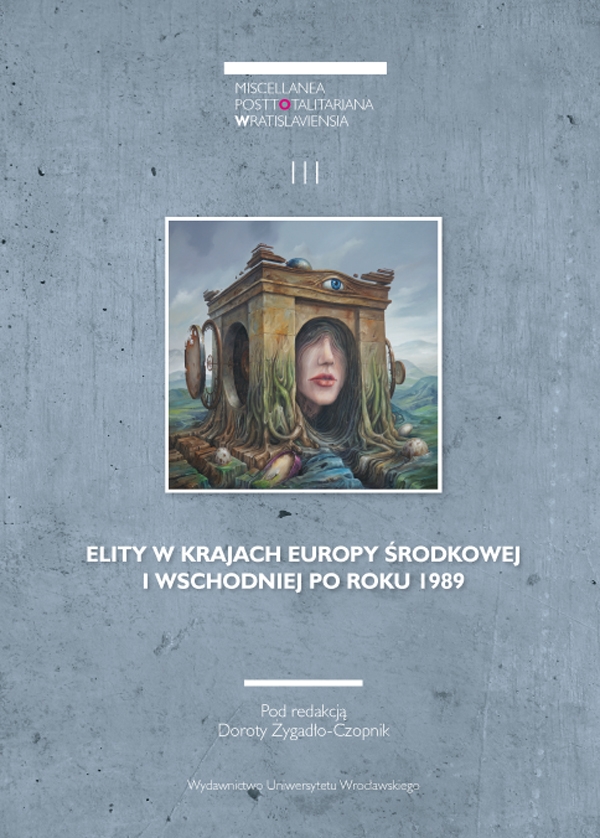

Artykuły

Modernization of art? Reasons for the persistence of colonial discourse in the avant-garde attitudes of Central and Eastern European countries under communist rule
For many years, the West had served as a point of reference for the artistic creation of the countries of Central and Eastern Europe. Although the arrival of the avant-garde brought the hope for overcoming the long-time cultural “colonization” of the region, the post-war totalitarianism impeded the process. Following European artistic achievements was an indication of its belonging to Europe in the field of arts. The manifesto of the Hungarian European School or the activity of Czech art historian, Vincenc Kramář may serve as an example of this post-colonial discourse. The analysis of the activity of Warsaw Foksal Gallery and Yugoslav artistic milieu proves that the change in this relation required and still requires a re-evaluation of a well-established, modernist way of thinking and perception of reality inside and outside Central and Eastern Europe.
Modernizace umění? Příčiny trvání koloniálního proudu v avantgardních postojích zemí střední a východní Evropy doby komunismu
Západ představoval mnoho let referenční bod pro uměleckou tvorbu zemí střední a východní Evropy. Spolu s avantgardou se objevila naděje na prolomení mnohaleté kulturní „kolonizace” regionu, avšak poválečný totalitarismus tento proces zastavil. V oblasti umění začalo o příslušnosti k Evropě opětovně svědčit inspirování se jeho uměleckými úspěchy. Jako příklad trvalosti tohoto postkoloniálního proudu je nutné uvést manifest maďarské Evropské školy nebo činnost českého historika umění Vincence Kramáře. Na základě analýzy činnosti varšavské galerie Foksal a jugoslávského uměleckého prostředí lze konstatovat, že překonání uváděného nazírání vyžadovalo a dále vyžaduje přehodnocení zažitých modernistických kategorií myšlení a vnímání reality ve střední a východní Evropě i mimo ní.